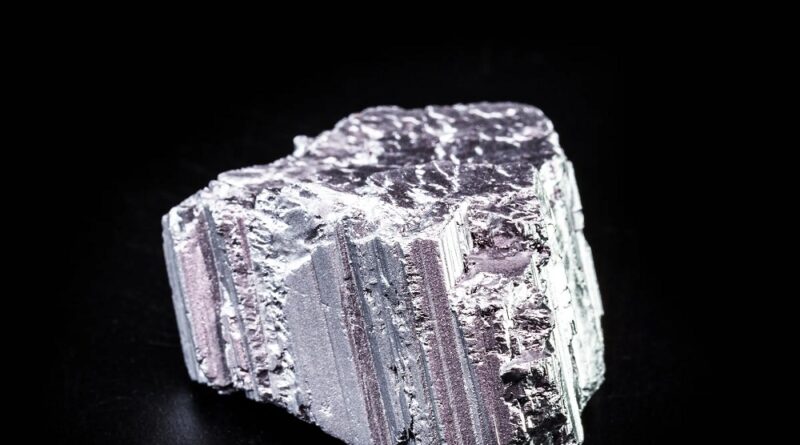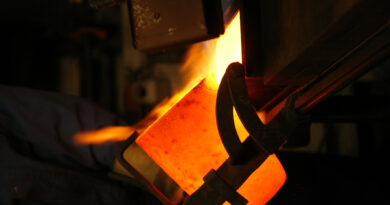RARE EARTHS: America’s critical minerals strategy spells disaster
In May 2025, US rare earth magnet imports from China collapsed 93.3% after Beijing tightened export controls, escalating its use of critical minerals as leverage in the deepening trade war.
The move threatened entire multi-trillion-dollar industries across the West — including defense, tech, electric vehicle, clean energy, aviation and medical sectors which depend on Chinese supply chains for rare earth magnets, with no viable short-term substitutes.
Yes, there are stockpiles, but they quickly began to run low, triggering alarm across the West.
The “light is turning from yellow to red” a senior defense industry spokesperson told, concerning American companies’ ability to source rare earths.
“We talk about this daily and our companies talk about it daily,” said Dak Hardwick, the vice-president of international affairs at the Aerospace Industries Association trade group.
“The whole car industry is in full panic,” said Frank Eckard, CEO of Magnosphere, a German magnet maker. “They are willing to pay any price.”
Fighter jets, drones, and radar systems rely heavily on rare earths, not only for avionics but also for stealth coatings, electronic warfare, and propulsion systems. If the current restrictions escalate into a full embargo, national security could be compromised.
One US drone supplier to the military said delays of up to two months, prices for materials in the defense sector have increased x5, and in one case, at least x60 — the list goes on.
Now, the US is in a disadvantaged position as it urgently engages in talks with China to resolve the issues over rare earth restrictions — yet China still deprioritises the US defense sector in exports.
However, it appears the West has finally realized the scale of the threat and prioritized a series of policy measures to address the crisis — from investment to geopolitics.
Why rare earths are strategically critical
Rare earth elements – 17 metals, including neodymium, praseodymium, terbium, and dysprosium — are essential in manufacturing permanent magnets essential to, for example, EV motors, cancer diagnosis, wind turbines, guided missile systems, and the F-35 fighter jet.




